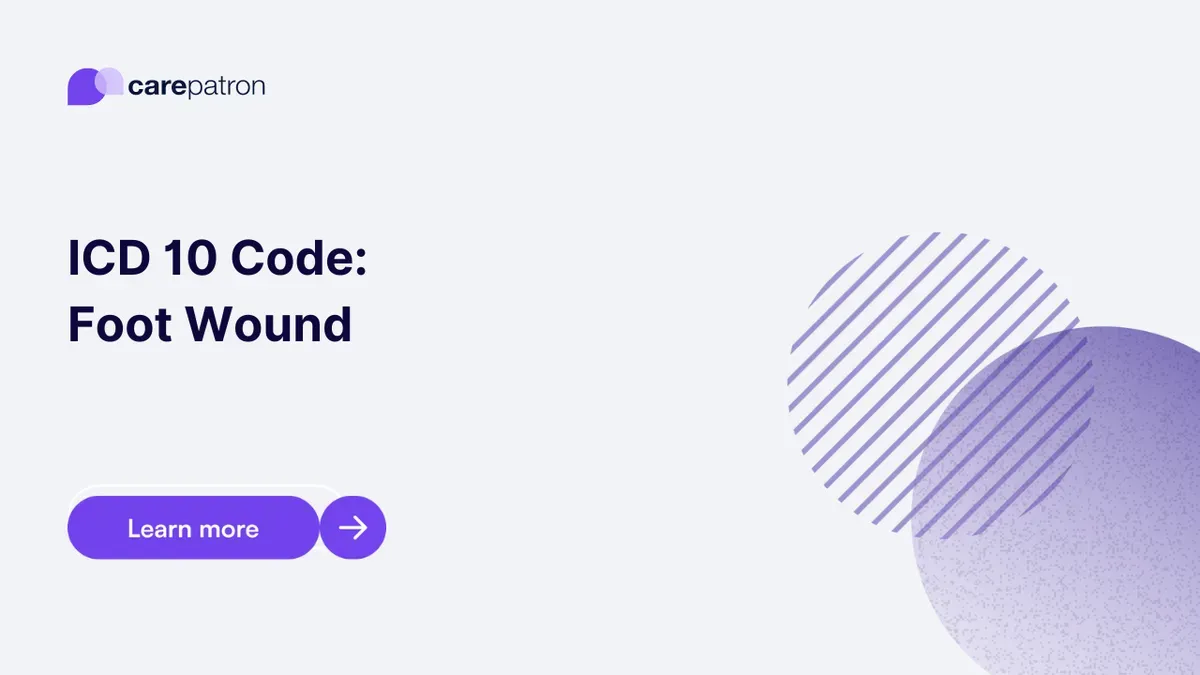
Foot Wound ICD-10-CM Codes
Discover the ICD-10-CM codes for foot wounds. Learn how to accurately code and document foot injuries, aiding healthcare professionals in diagnosis and treatment.
Use Code
EHR and practice management software
Get started for free
*No credit card required
Free
$0/usd
Unlimited clients
Telehealth
1GB of storage
Client portal text
Automated billing and online payments
